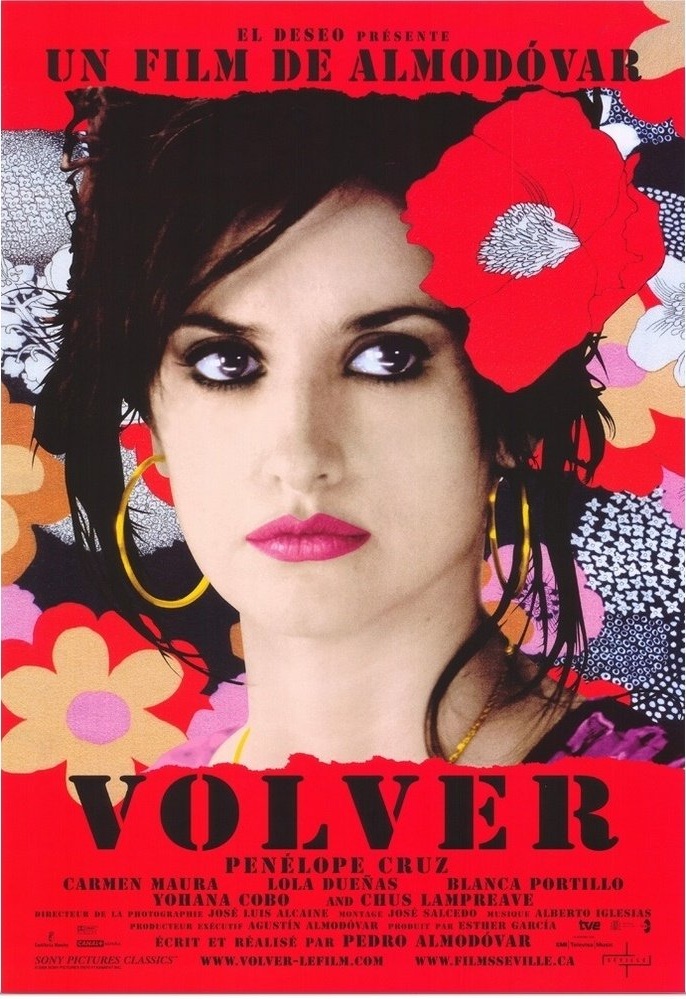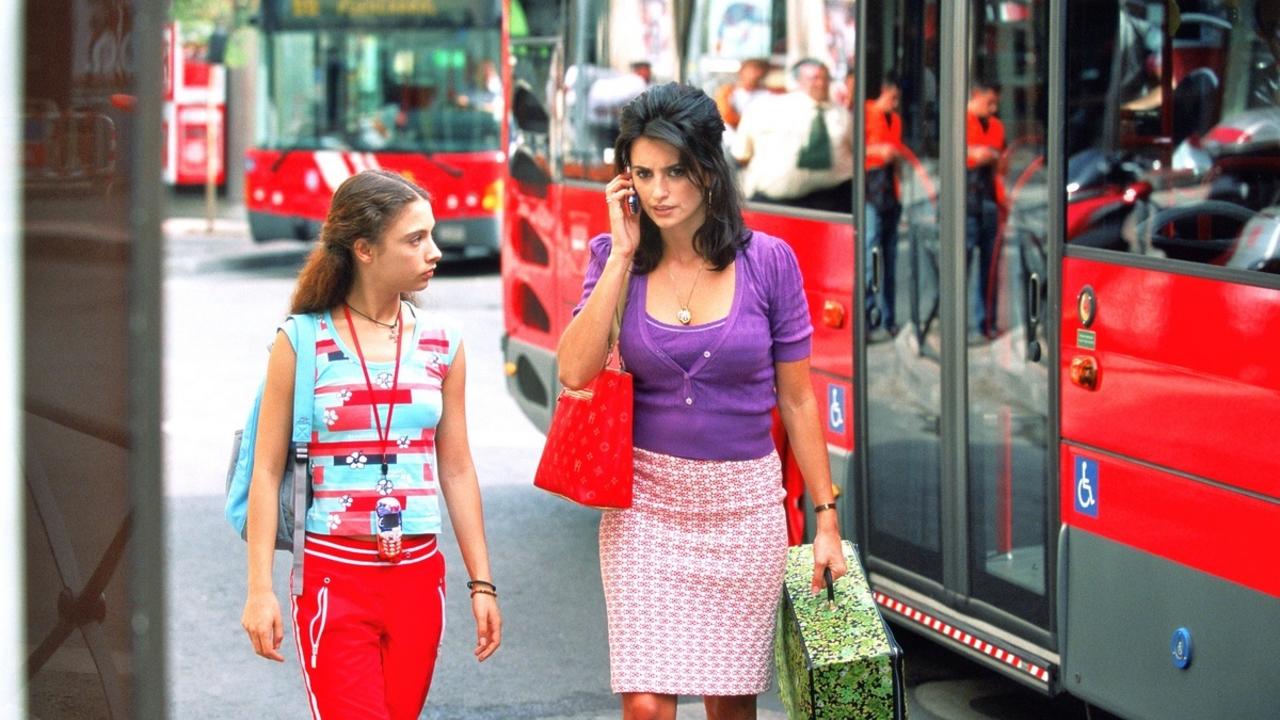Summary
When two sisters visit their dying half-witted aunt, one of them realizes that their aunt isn’t crazy. Their mother really has returned from the dead to settle her emotional affairs.
My Thoughts
This movie is EXACTLY why cinephiles want to explore foreign films and films which do not easily make it into the American pop-culture lexicon.
At every turn the film is an unexpected delight and at times, horror. The acting is sublime, the emotional connection deep and purposeful, driving the heart of the film, and each character is given time to be more than just a prop meant to get our characters from one scene to the next. These are all qualities that I expect from a great film but in this particular instance the directorial intention and vision is what stands out the most in my eyes.
I don’t know if the village in which this film takes place really exists or not and I actually have no intention of looking it up. Whether the director saw a real village for its story potential or simply invented it whole cloth doesn’t matter. What does, is the way that Almadovar uses it to be a tool for revelation as well as the subject of revelation.
These days we here a lot about writers/directors and their skill as world builders. I can’t relate all of the times I’ve been told, “it was a so-so movie but I loved the world building.” I’ve never understood that. Maybe it’s just a part of the nerdification of all things but to me, the most fantastic world is boring if it doesn’t cause my heart to leap out of my chest for the sake of another.
The wonderful thing about “Volver” and its setting is that the setting spurs the characters toward each other and their inevitable conflict and so is vital, yet the director does not feel the need to explain everything about the way the village works before we see it working.
Show. Don’t tell.
The film opens on a group of women, all cleaning their own graves. Raimunda (Penelope Cruz, “Vanilla Sky”, “Blow”) is there with her daughter, cleaning the grave of their father. One of their older family friends, who looks like she is slowly dying an early death to cancer, is there as well cleaning her grave. An entire scene plays out amongst this strange setting. Women cleaning graves with their names on them, preparing them for their one day deaths. It gets explained later that this is a village ritual but no one goes into a long explanation of why that tradition exists or why it has been carried forward. A character simply explains that it’s a thing the women of the village do and have always done.
That’s it!?
What about telling me why?
The film does sort of tell you why, but through the film, not through a bit of dialogue.
That, is good world building. You learn what the world is like visually and are told what you need to know in a way that draws you into the place rather than giving you an all seeing observation post from which to understand the layout of the village.
The film uses this setting of a village where the wind blows so consistently that fires rage out of control, people go insane, and men all die young, is a wonderful metaphor and reality in the film that forces the characters the film to leave and return (volver) to confront what they left behind.
Another aspect of the film that I found myself wrapped up in was the way that “Volver” blends the tragic elements of life with the joy of life. It uses the return of the dead mother as a way of showing how when we neglect the painful moments of life and run away from them rather than entering in to them it leaves an emptiness in our life story as well as in the lives of those we leave behind.
They are not better because we ran away from painful conversations. They are not happier because we decided to deprive them of our presence rather than being a less than perfect version of ourselves in their eyes. We are not more fulfilled because we filled our lives with laughter and left a cold undercurrent have its way in our heart rather than rooting it out with tears.
It is in many ways, an anti excess of happiness movie, yet in so doing, is full of joy and happiness which is lighter and deeper for its recognition of pain. It understands that we can have happiness like balloons which will blow away in the wind or we can allow the pains in our lives tie us to those around us and keep our happiness grounded and rooted in others rather than ourselves.
Maybe a poor analogy, but it means something deep to me and I think the film will do the same for you as well.
Review Written By:





